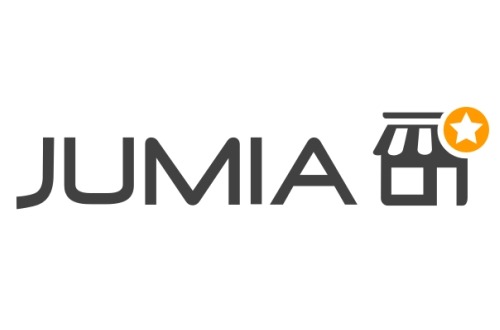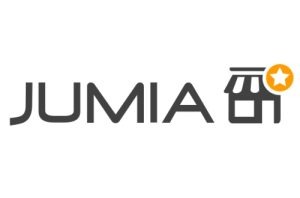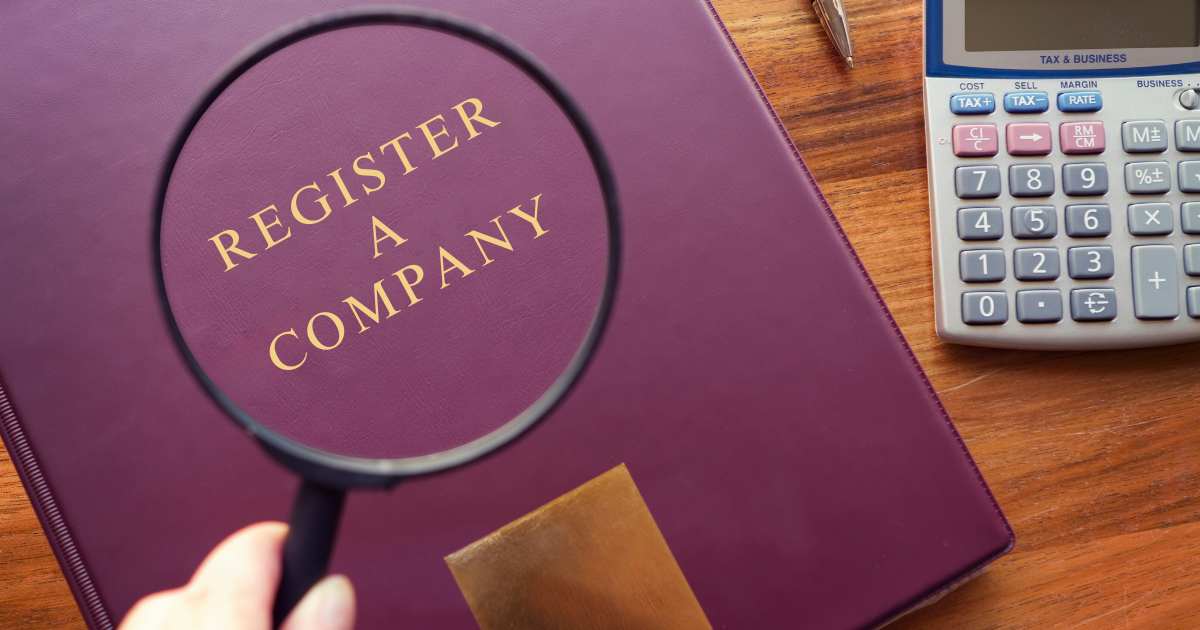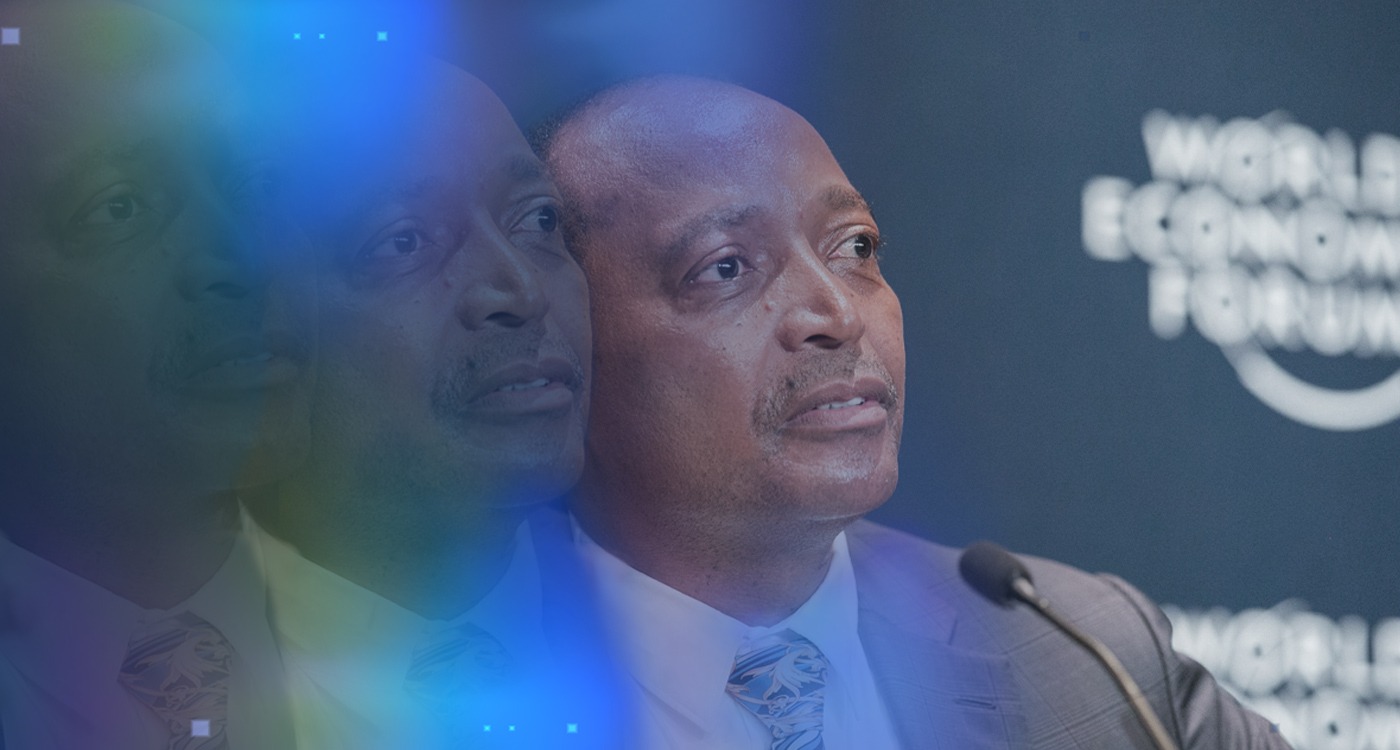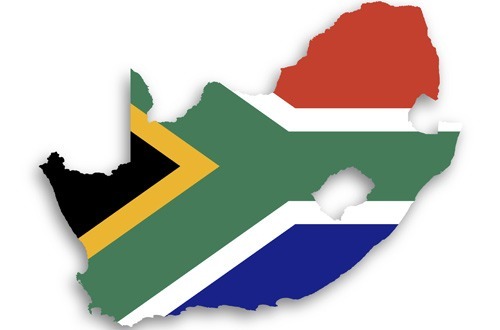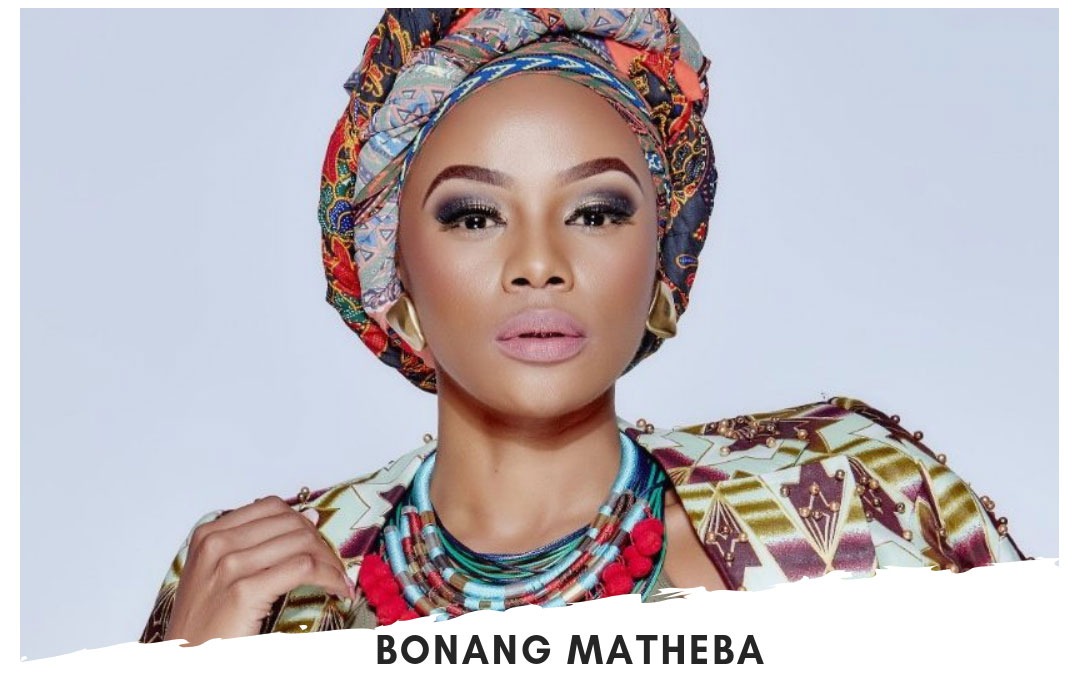African internet group, Jumia, has been named among the Massachusetts Institute of Technology (MIT) Top 50 Smartest Companies of 2017.
Each year, MIT identifies top 50 global companies, both established and startups, that are creating new opportunities using ingenious technologies to meet the needs of a demanding market worldwide.
Jumia Group (formerly Africa Internet Group), has for the second consecutive year been named in the list of MIT’s 50 smartest companies – 2017.
This year, Jumia ranks at position 44 as compared to 47 on the 2016 list, standing out as a company working to overcome the challenges of e-commerce in Africa. These include clogged roadways, skeptical consumers, and lack of internet penetration in some markets with a regional rate of only 27% among others.
The MIT Technology Review recognised Jumia as the continent’s first “unicorn” startup, valued at over $1 billion. The company operates various consumer web services including Africa’s biggest online shopping mall, ‘Jumia Mall’, as well as ‘Jumia Travel’, the leading travel agency in the continent.
Other ventures under the group also continue to lead in its respective sectors such as food delivery, real estate, logistics, and cars among others.
Also on the Massachusetts Institute of Technology’s Smartest Companies list of 2017 are Amazon, Alibaba, Facebook, Microsoft, SpaceX, and Kenya’s off-grid solar operator M-Kopa.
Eskom Gets R19.6bln Cash Boost From China
Eskom on Thursday signed a USD $1.5 billion, or approximately R19.6 billion, loan agreement with the China Development Bank (CDB) at its head office in a bid to finance the Medupi Power Plant in Limpopo.
The loan agreement was signed by Li Gang, the deputy director-general of the CDB, Yansong Rong from the Embassy of the People’s Republic of China, and Eskom board leadership, including chairperson Zethembe Khoza, interim chief executive Johnny Dladla, and chief financial officer, Anoj Singh.
Singh said Eskom’s total debt was expected to peak at U.S.$50 billion in the next five years.
He said the U.S.$1.5 billion semi-project finance facility for Medupi was for a 15 year period and was backed by government guarantees.
Singh denied that corporate governance issues at Eskom had made it difficult for the power utility to raise capital from the African Development Bank or the Brics Bank, and forced it to seek finance in China.
“Our debt capital markets are very transparent. I cannot see any correlation between governance issues and the cost of debt or challenges of raising capital,” Singh said.
The loan fulfills our intent to diversify Eskom’s funding sources. To date Eskom has secured 77 percent of this fiscal year’s funding requirement, including cash on hand. We remain resolute that we will fully execute the required funding for the year,” Singh said.
Singh said they were confident that Eskom’s liquidity levels and financial profile would continue to improve and stabilise. But he would not be drawn on revealing the interest rates Eskom would be paying on the loan, citing a confidentiality clause.
Dladla said they were pleased to see the continuation of the journey of co-operation that they started with the Chinese partners last year.
“The conclusion of this second loan agreement continues to demonstrate financial markets’ confidence in Eskom and South Africa notwithstanding the challenging market conditions.”
“We are confident that the agreement will cement Eskom’s relationship with the CDB. This loan will also aide us in ensuring that we complete the Medupi project and ensure security of energy supply.” (via African News Agency)
Coca-Cola Beverages Africa Buys Equator Bottlers In Kenya
South Africa-headquartered Coca-Cola Beverages Africa (CCBA) announced on Thursday that it has concluded negotiations to acquire Equator Bottlers, the third largest Coca-Cola bottler in Kenya, for an undisclosed amount of money.
This comes after the acquisition was approved by the Competition Authority of Kenya last week Friday.
Equator Bottlers Limited is now owned by CCBA via wholly-owned subsidiary Coca-Cola Sabco East Africa Limited (CCSEAL), with effect from 1 July 2017.
Equator Bottlers, previously a subsidiary of Kretose Investments owned by the Shah family, has been one of several authorised Coca-Cola Bottlers which supply products in the Western regions of Kenya.
CCBA bottles and distributes trademarked beverages owned by The Coca-Cola Company. It is Africa’s largest Coca-Cola bottler and the world’s 10th largest.
CCBA’s managing director for the international division, Jacques Vermeulen said the acquisition made perfect sense both for companies and for consumers in Kenya.
“This acquisition of Equator will allow us to share best practice and improve our service for both the formal and informal markets and at the same time, encourage greater innovation. It will also allow us to achieve enhanced efficiencies which, in turn, will mean an improved and more seamless service for customers,” Vermeulen said.
Daryl Wilson, country managing director for Nairobi Bottlers Limited, said Kenya offered opportunities for growth and investment.
“That said, disposable income pressure on consumers requires of us that we become both more efficient and effective in what we do to bring affordable products to Kenyan consumers,” Wilson said.
“The purchase of Equator Bottlers will see us work together to do just that, offering more to our customers while capturing growth opportunities in one of Africa’s most dynamic economies.” (via African News Agency)
